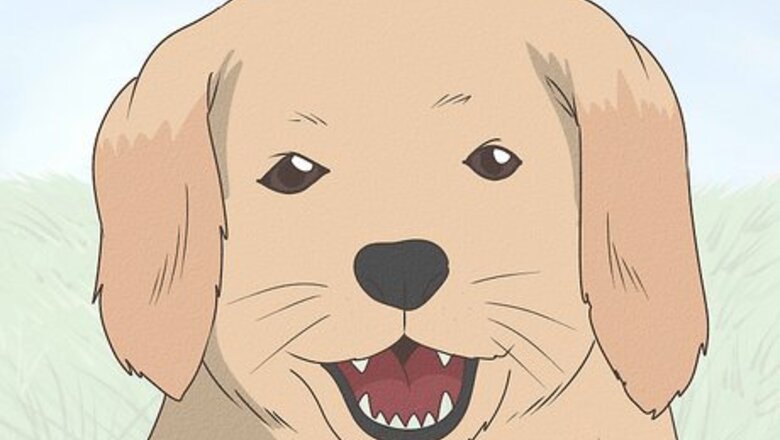
views
- Puppies’ sharp teeth help them wean from their mother’s milk, easily bite and chew food, and learn how to properly play and socialize with other dogs.
- Puppies usually have all their puppy teeth by 10 weeks old. They start losing their puppy teeth at about 4 months and have all of their less sharp adult teeth at 8 months.
- Stop playing with your puppy when they bite and reward their good behavior with treats to teach them not to nip and bite.
- Care for your puppy’s puppy and adult teeth by giving them lots of rubber toys to chew on and brushing their teeth.
Reasons Why Puppy Teeth are Sharp
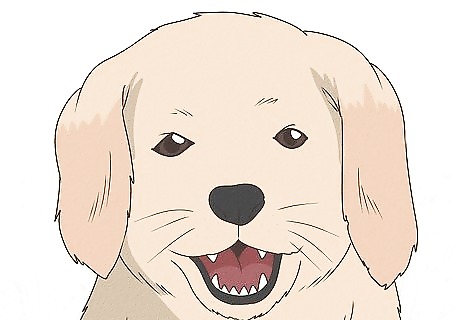
Puppy teeth are sharp to help them wean from their mother’s milk. Puppies are actually born without any teeth, which makes breastfeeding safe and comfortable for puppies and their mother. However, puppies can’t survive on milk forever. As their teeth start to grow, they accidentally bite as they suckle. Their mother pushes them away when that happens, which encourages the puppies to start eating solid foods.
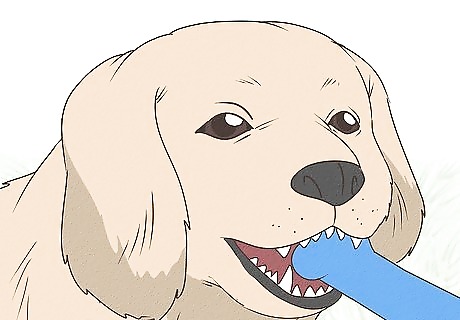
Puppies’ jaws aren’t super strong, so their sharp teeth help them eat. Your puppy’s bones and muscles are still strengthening and developing, so their super sharp teeth compensate for the fact that their jaw is still growing. Their teeth do all the hard work to break their food into smaller bits and help them chew.
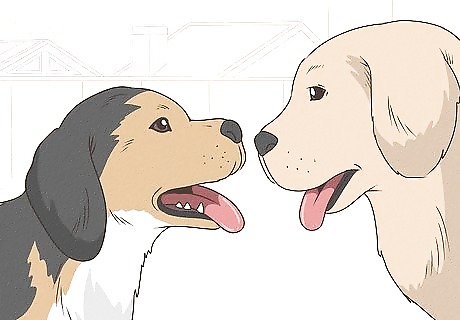
Sharp teeth help puppies learn and socialize. Puppies explore the world through their mouth, so their teeth help teach them how to properly play with other dogs. When their sibling stops playing after they nip at them, they learn that biting stops playtime. And when they get nipped back, they realize that teeth are sharp and that they shouldn’t bite.
How long will my dog have sharp puppy teeth?
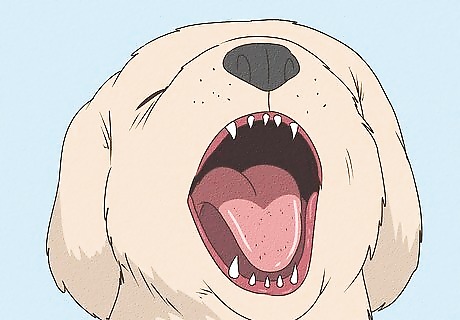
Puppy teeth last around 4 months, starting when they’re 2-3 weeks old. Puppies are born with no teeth, which gives them several weeks to breastfeed and grow strong. Once they’re about 2 to 3 weeks old, their tiny, sharp teeth start emerging. After about 8 to 10 weeks, they have a full set of 28 puppy teeth.
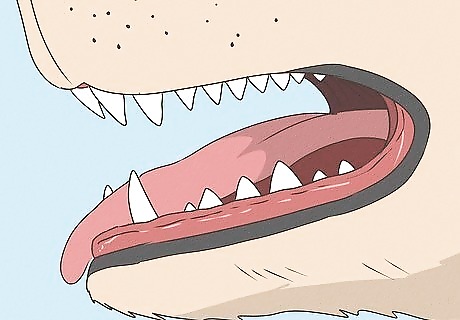
At 4-5 months, dogs lose their puppy teeth and gain less sharp adult teeth. This is often called teething, or when your puppy’s adult teeth emerge as they lose their puppy teeth. They will lose their puppy teeth and gain their adult teeth over the course of a couple months. By the time your puppy is 8 months old, they will usually have all 42 of their adult teeth! Do not try to pull your puppy’s teeth out, as that can damage their teeth and gums. Your puppy naturally loses their teeth all on their own! You might find their teeth around the house, but it’s just as normal for your puppy to swallow them. Sometimes an adult tooth emerges where a puppy tooth is still in place. If you notice this, call your veterinarian. They might need to remove the tooth. You can actually tell how old a dog is by their teeth! Counting the number of teeth they have and determining if they are puppy or adult canines, incisors, or molars, gives you a great age estimation.
Preventing Biting and Nipping
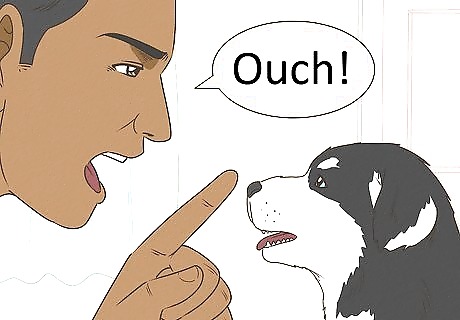
Teach your puppy bite inhibition. To stop your puppy from biting, let them know that their bites are painful. When they nip at you, let out a loud, “Yip!”, “Ow!”, or “Ouch!” They will usually stop and back away, so praise them for their good behavior and continue playing. If they bite again, give a yelp again. There is no safe way to make your puppy’s teeth less sharp. Instead, you have to teach them not to bite! Bite inhibition is one of the best ways because it mimics how puppies play and learn about biting. Keep your hand limp when your puppy bites you. Immediately jerking your hand back can encourage your puppy to jump and grab at you. If your puppy bites you after you say, “Ow,” walk away from them. This teaches them that biting ends playtime. When they calm down, resume playing.
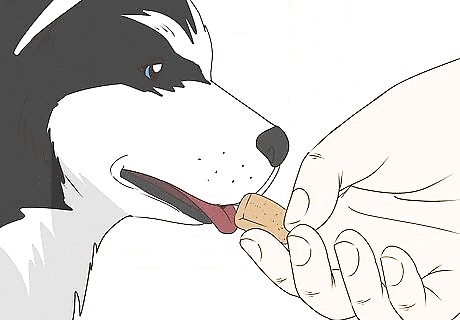
Reward your puppy for their calm behavior. If they lick you when you start playing again, give them a treat or verbal praise. Or, give them a nice pet and a treat when they properly calm down after biting you. You want to show your puppy that they are given something that they like when they don’t bite you.
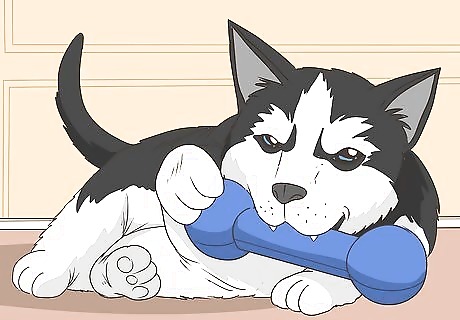
Redirect your puppy’s nipping by giving them a toy. If they nip or bite at you as you're playing, have a toy on hand to give to them. This will let your puppy know that they can chew on the toy, but not on you. Be sure to rotate the toys that you give them to keep them entertained and stimulated. If your puppy continues to nip even when you give them a toy, stop your play session to calm them down. Continue playing once they’ve calmed down. Get out your puppy’s energy as you redirect too! Get out a ball and play a game of fetch or bring out a rope for some tug-of-war when your puppy starts biting. Taking them on a long walk or teaching them commands are great options too. Nipping and biting is natural for puppies when playing, but you can help prevent it by avoiding wagging your fingers in front of your puppy’s face.
Caring for Puppy Teeth
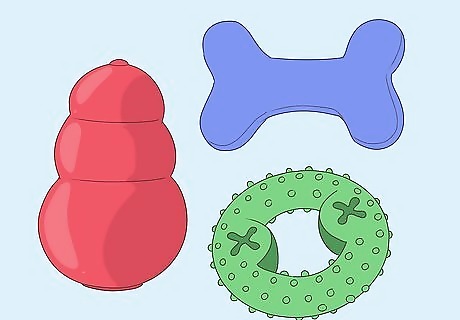
Give your puppy proper toys to chew on as they’re teething. Teething can be uncomfortable for your puppy. They want to chew on anything they can get their mouth on to soothe their sore mouth and gums. To keep your puppy comfortable during teething, give them flexible, rubber toys like Kongs and teething rings. Many rubber toys like Kongs can be frozen, which can help soothe your puppy’s gums even more. Stuff the Kong with some peanut butter before you freeze to get them chewing even more! Edible chews like bully sticks are great options for your puppy too. Choose chews with natural ingredients and supervise your puppy as they chew.
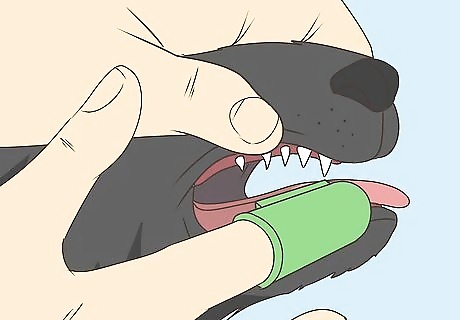
Clean your puppy’s teeth once a day. Start by getting your puppy used to the brushing process. Over several days, rub the outside of their teeth with your finger, let them taste their puppy toothpaste, and smear a bit across their teeth. When your puppy is comfortable with everything, brush their teeth. Lift up their lips and brush the outside of their teeth in a circular motion. Be patient with your puppy. If they seem uncomfortable at any point during the process, stop and give them a few days before trying again. Only use dog toothpaste when brushing your puppy’s teeth. Human toothpaste contains ingredients that can be harmful for your dog’s teeth. Brushing not only helps remove plaque that can build up later in your puppy’s life, but it also gets them used to having their teeth examined by a veterinarian.
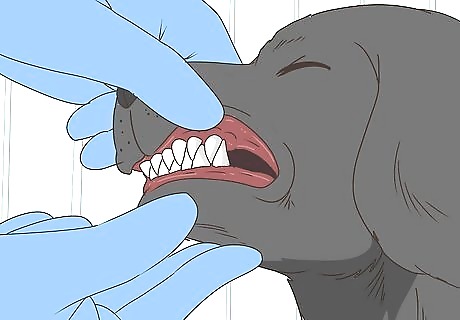
Take your puppy to their regular veterinarian check-ups. During your puppy’s routine visits, your vet will check their teeth development. They will make sure your puppy’s teeth are coming in well and be able to intervene if they notice any problems. Teething is mostly just uncomfortable for puppies, but if you notice that your puppy isn’t eating, drinking, or being as energetic as normal, take them to the vet.
Caring for Adult Teeth
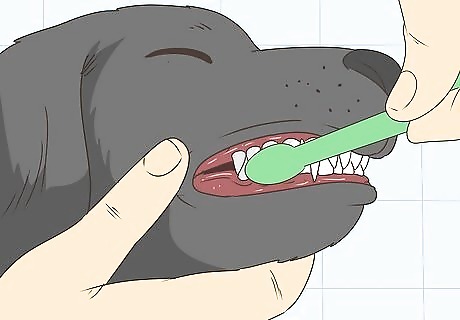
Brush your puppy’s adult teeth once a day. If you regularly brushed their puppy teeth, by the time your puppy’s adult teeth come in, brushing is likely to be a breeze! There are a wide variety of beef, chicken, and seafood flavored toothpastes your puppy is sure to love. If you can’t find the time everyday to brush your puppy’s teeth, a dental spray can be a great option. This helps to kill bacteria that leads to plaque build-up and keeps your puppy’s breath fresh. However, it doesn’t replace brushing.
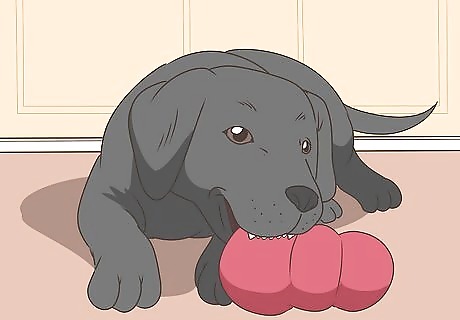
Provide your puppy with lots of chew toys. Even though the teething process is over, as your puppy grows into an adult, they still want to chew. Rubber balls, Kongs, and bones can naturally scrape plaque off your puppy’s teeth and keep their chewing instinct satisfied. There are also specific edible dental chews that help clean your puppy’s teeth as they enjoy a tasty treat.
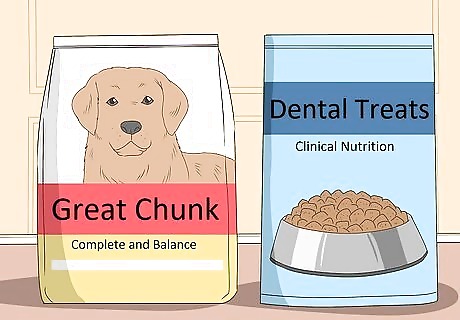
Give your dog great quality food to eat. Your puppy’s diet helps keep their teeth healthy too. Look for dog food that is labeled with “Complete and balanced” to ensure they are receiving the nutrients and vitamins that they need each day. Special dental diet kibble is also available that can help clean your puppy’s teeth as they eat. Just talk your veterinarian before switching to this diet.











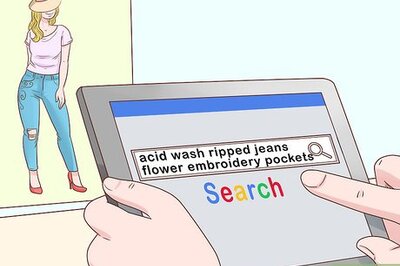



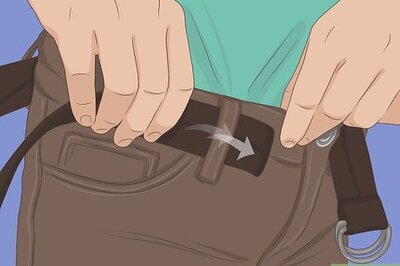

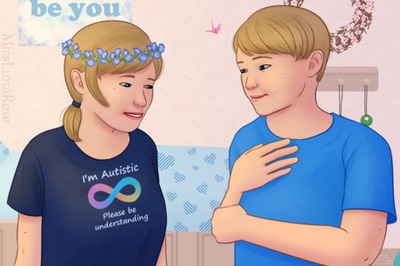
Comments
0 comment